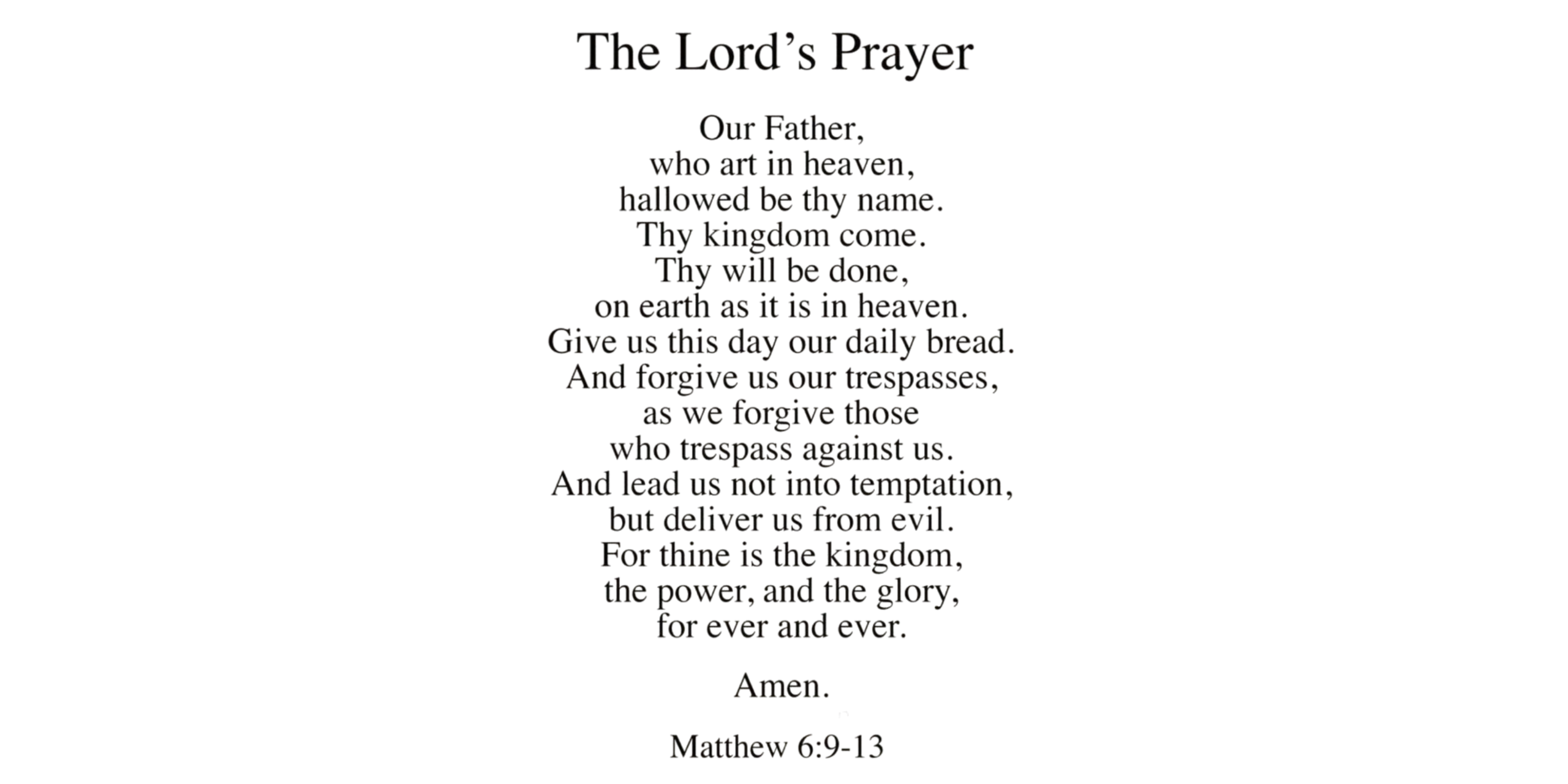“Every thought we think is creating our future.” – Louise Hay. This simple yet profound quote captures the essence of why affirmations can be so powerful. We all have an inner voice running in our minds. Sometimes it’s critical or fearful, but it can also be encouraging and supportive. Affirmations are a tool to gently steer that inner voice towards positivity and self-belief.
In this blog, we’ll explore what affirmations are, why they matter, how they work (with a touch of science), and how you can use them meaningfully in everyday life. Let’s dive in!
What Are Affirmations?
Affirmations (often called positive affirmations) are short, positive statements that you repeat to yourself to affirm strength, worth, or a desired reality. Think of them as personal mantras or encouraging reminders. When you say an affirmation, you’re essentially telling yourself, “This is something I want to believe and embrace.”
For example, saying “I am worthy of happiness” or “I am strong and resilient” are affirmations intended to reinforce those beliefs in your mind. Affirmations can be spoken aloud or said silently in your head. You can write them down, whisper them during meditation, or even see them on a sticky note at your desk. The key is repetition and intention.
As psychologist Dr. Lauren Alexander explains, “Positive affirmations are phrases you can say, either aloud or in your head, to affirm yourself and build yourself up — especially in the midst of difficult situations”
In other words, they’re a way to overcome negative thoughts and self-doubt by consciously choosing a positive message to focus on. Importantly, we already use affirmations, whether we realize it or not. When you catch yourself thinking, “Ugh, I always mess things up,” that’s a form of a negative affirmation – a repeated thought that reinforces a belief (in this case, a disempowering one).
Positive affirmations are about flipping that script. Instead of unconsciously affirming the negative, you choose to affirm the positive. It’s like being your own cheerleader. (If you practice yoga or meditation, you may have encountered affirmations as part of those practices too – often instructors weave in uplifting phrases for you to repeat or contemplate.)
To put it simply, author Hal Elrod offers a no-nonsense definition: “In the simplest form, an affirmation is nothing more than a reminder. That’s it.” Think of affirmations as reminders of the mindset you want to cultivate. Just as you might remind a dear friend of how capable they are when they’re feeling low, an affirmation reminds you to treat yourself with that same kindness and encouragement.
Why Affirmations Matter
You might wonder, “Do positive statements really work?” Research shows that self-talk shapes our emotions and actions. Repeatedly thinking “I’m not good enough” fuels discouragement, while affirming “I am capable” builds confidence and resilience.
Studies suggest self-affirmations reduce stress and increase openness to growth. For example, focusing on core values helps people accept feedback better. Affirmations act like a mental safety net, easing anxiety and fostering resilience.
Neuroscience supports this. Positive affirmations activate brain regions linked to self-worth and reward. Over time, this rewires thought patterns through neuroplasticity, making optimism more automatic. Like mental exercise, practiced thoughts grow stronger.
Daily affirmations, such as “I’m ready for a good day,” shift focus toward positivity, helping you handle challenges better.
Affirmations also promote self-compassion, replacing harsh self-criticism with kindness. This builds inner strength, reducing reliance on external validation. Ultimately, they empower you to become your own source of confidence.
How Affirmations Work?
It’s inspiring to know that something as simple as words can influence our mindset. But how do affirmations work their magic? The “magic” is really a mix of psychology and consistency:
They shape your focus: Our brains tend to look for evidence of what we already believe. If you keep internally saying “I can’t do anything right,” your brain will zero in on your mistakes and ignore your successes. An affirmation like “I learn from challenges and I keep improving” directs your mind to notice growth even when things don’t go perfectly. It’s a way of training your perception to be more balanced and positive.
They counteract negative self-talk: Many people struggle with an inner narrative that is overly negative or limiting. Affirmations serve as antidotes to those habitual thoughts. By deliberately repeating a positive statement, you’re in effect saying, “There’s a different story I choose to believe about myself.” For example, when you catch yourself thinking “I’ll never get through this,” you might replace it with the affirmation “I am stronger than this challenge, and I will persevere.” At first, it might feel forced, but with repetition it starts to sink in. You are literally training a new thought habit.
They engage emotion and belief: The true power of an affirmation isn’t just in the words, but in the feeling behind them. When you say “I deserve to be loved,” and really allow yourself to feel the truth of those words, it resonates. Affirmations work best when you pair them with a positive emotion – like hope, determination, or self-compassion. This emotional component tells your brain “this is important!” and helps encode the positive message more deeply.
They leverage repetition and consistency: There’s a reason they’re called practices. Just as doing one workout won’t make you instantly fit, saying an affirmation once or twice likely won’t radically change your thinking. But saying it every morning for a month, or every time that old doubt creeps in – that can create change. Scientists often refer to the “use it or lose it” principle for our neural pathways. The thoughts you repeat become stronger, and the ones you neglect become weaker. So by repeating affirmations, you’re strengthening those positive neural pathways (and effectively weakening the negative ones from disuse). With time, the affirmed thought becomes more natural. As the legendary boxer Muhammad Ali reportedly believed, it’s the repetition of affirmations that leads to belief, and once that belief is deep, things begin to happen.
They can inspire action: Good affirmations aren’t about wishful thinking or pretending. They’re about setting a mindset that motivates you to take positive action. For instance, affirming “I am creative and resourceful” might encourage you to approach a work problem with more initiative and an open mind. Affirmations work in tandem with action – the words prime your mindset, and then your efforts reinforce the truth of those words.
Moreover, ongoing research and a lot of research studies in psychology suggests affirmations can improve problem-solving under stress and even have a buffering effect against the physical impacts of stress. While affirmations aren’t a cure-all, these findings are encouraging – there is real evidence that our thoughts can influence our well-being in concrete ways.
Using Affirmations in Everyday Life
Affirmations are wonderfully simple and adaptable, which means you can use them in whatever way fits your life. There’s no one “right” way to practice; the best way is the one you’ll actually do consistently. Here are some down-to-earth tips for weaving affirmations into your daily routine:
- Start the day with an affirmation: Mornings are powerful. The mindset you begin with can color your whole day. Consider choosing one meaningful affirmation to say each morning when you wake up. For example, as soon as you get out of bed, take a deep breath and affirm, “Today, I choose to see the good in myself and others,” or “I have the energy and patience to handle whatever comes.” You can say it to your reflection while brushing your teeth or just quietly in your room. This little ritual can help you start off on a positive note instead of immediately sinking back into yesterday’s worries.
- Use visual reminders: It helps to see your affirmations, not just think them. You might write a favorite affirmation on a sticky note and place it on your mirror, fridge, or computer monitor. Some people set phone wallpaper or lock-screen with an affirmation, so they see it frequently. These visual cues gently nudge you throughout the day. For instance, a note on your mirror that says “I am worthy of good things” or “I am enough, just as I am” can remind you to be kind to yourself each time you see it. (Tip: Keep a little stack of different affirmation notes and move them around or change them up periodically so you continue to notice them.)
- Pair affirmations with routine activities: Tie saying your affirmation to something you already do. Maybe every time you wash your hands, you use those 20 seconds to repeat an affirmation in your mind. Or every time you get in the car, you speak an affirmation before you start driving. By linking it to a habit, you ensure it happens regularly. Over time it becomes second nature — you turn the key in the ignition and automatically think, “I am moving forward with confidence.”
- Write them down: Journaling affirmations can be powerful. Try writing an affirmation multiple times, or write about how you intend to embody that affirmation during the day. For example, you could journal in the evening: “I am grateful and attract positivity. Today, I showed this by helping my coworker and staying upbeat in the meeting.” Writing reinforces the message (you engage more of your brain when you write by hand) and it also lets you reflect on evidence that supports the affirmation, which strengthens your belief in it.
- Say them with feeling: When you recite an affirmation, try not to do it on autopilot. Engage with the words. You might close your eyes, take a calming breath, and say your affirmation slowly, really imagining and feeling it as truth. For instance, if your affirmation is “I love and accept myself,” you might place a hand on your heart as you say it, to reinforce warmth and sincerity. It’s normal if it feels a bit awkward at first; with practice it becomes more natural and effective.
- Be consistent but flexible: Consistency is key (affirmations work through repetition, after all), but you can also adapt as needed. You don’t have to stick with the same phrase forever. If a particular affirmation isn’t resonating after a while, feel free to change it or tweak the wording. The best affirmations are the ones that speak to you personally. It should feel positive and encouraging – not stiff or forced.
A Few Powerful Affirmation Examples
To give you an idea, here are some affirmations that many people find uplifting. You can use these as a starting point and modify to fit your life:
- I am worthy of love and respect, from myself and others.
- I have the strength and wisdom to overcome challenges that arise.
- Every day, I am becoming a better version of myself.
- I choose to focus on the good in my life and in myself.
- I trust myself to make decisions that align with my true purpose.
Feel free to borrow any of these if they resonate, or come up with your own. Remember, the best affirmations are the ones that speak to you deeply. You might even have different affirmations for different contexts (one for work confidence, one for self-love, one for healing, etc.). Just be careful not to overload yourself with too many at once – consistency matters, so starting with a couple of key phrases you really want to internalize is better than trying to repeat 20 different lines a day.
Making Affirmations a Meaningful Practice
The power of affirmations manifests through consistent practice paired with openness and patience. Initially, affirmations might feel unfamiliar – persist patiently. Allow yourself grace during this gradual shift.
Crucially, affirmations don’t deny reality. They’re not about ignoring difficulties, but rather balancing acknowledgment of struggles with recognition of inner strength. Affirmations like, “This situation is challenging, but I’m strong enough to handle it,” balance honesty and encouragement.
Integrating affirmations effectively requires complementary actions. Affirmations are seeds, flourishing with supportive actions aligned to affirmed beliefs. Seek professional support when affirmations alone feel insufficient, integrating affirmations into a broader self-care approach.
Affirmations as Daily Empowerment
Affirmations act as portable mental sanctuaries, accessible anytime for emotional nourishment. Consistently practicing affirmations fosters positivity, resilience, and emotional stability, subtly transforming life’s outlook.
Celebrate small successes – moments when positivity replaces habitual negativity indicate affirmations’ growing influence. Every kind word towards yourself strengthens emotional well-being.
Reflect on one affirmation you’d like to embrace today. Perhaps “I am enough” or “I am worthy of wellness.” Use this as your daily anchor.
Ultimately, affirmations nurture your relationship with yourself—the most significant bond you possess. Speak kindly, embrace uplifting truths, and watch your inner world bloom beautifully. You deserve this empowerment. Affirm it.
You’re never alone on your wellness journey. Masi Wellness integrates affirmations within holistic programs like energy healing, mentoring, and spiritual counseling. If affirmations resonate deeply and you’d like further guidance, explore how Masi Wellness can support your personal growth.







